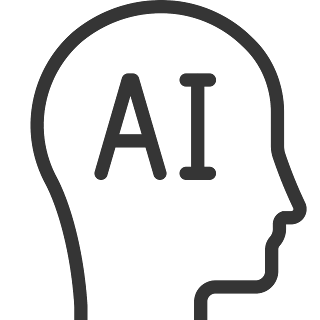With the recent advances in artificial intelligence, we will
see more assistance from computers helping prove theorems and suggesting new
conjectures to explore. In the very near future, we will see many headlines
about artificial intelligence helping us solve very complex problems. Recently,
an article in Nature described the advances of DeepMind Technologies.
DeepMind Technologies is a British artificial intelligence subsidiary of Alphabet Inc. and research laboratory founded in September 2010. DeepMind was acquired by Google in 2014.
A link to the Nature article is given here: https://rdcu.be/cC1lb
The
Nature article prompted response by the press:
DeepMind was able to make progress on proving a decades-old
conjecture about multidimensional graphs and suggested an additional conjecture
in the subject area of topology. Both of these conjectures are reminiscent of my
prior blog posts - the University of Illinois mathematicians who used a
computer to complete a proof of the four-color map conjecture and the team from Technion-Israeli Institute of Technology who used
A.I. to automatically generate
mathematical conjectures that appear in the form of formulas for mathematical
constants - The Ramanujan Machine.
For those readers more curious about practical mathematical
applications, DeepMind says it can predict the shape of every protein in the
human body. Understanding how proteins fold is a very complex task and is
critical to further advancing biology and medicine.
DeepMind says
it can predict the shape of every protein in the human body | Live Science
12/11/2021 Update - just after I posted this original blog, I came across another use of DeepMind - a machine-learning model that suggests a molecule’s characteristics by predicting the distribution of electrons within it.
12/12/2021 Update - Further DeepMind Articles
DeepMind can play poker chess and more
DeepMind has the reading comprehension of a high-schooler
12/18/2021 Update -
MIT Researchers Just Discovered an AI Mimicking the Brain on Its Own
12/20/2021 Update - What Does It Mean for AI to Understand? Quantamagazine





No comments:
Post a Comment